Hard-Working Dogs That Sniff Out COVID-19, Cancer, Truffles, and More
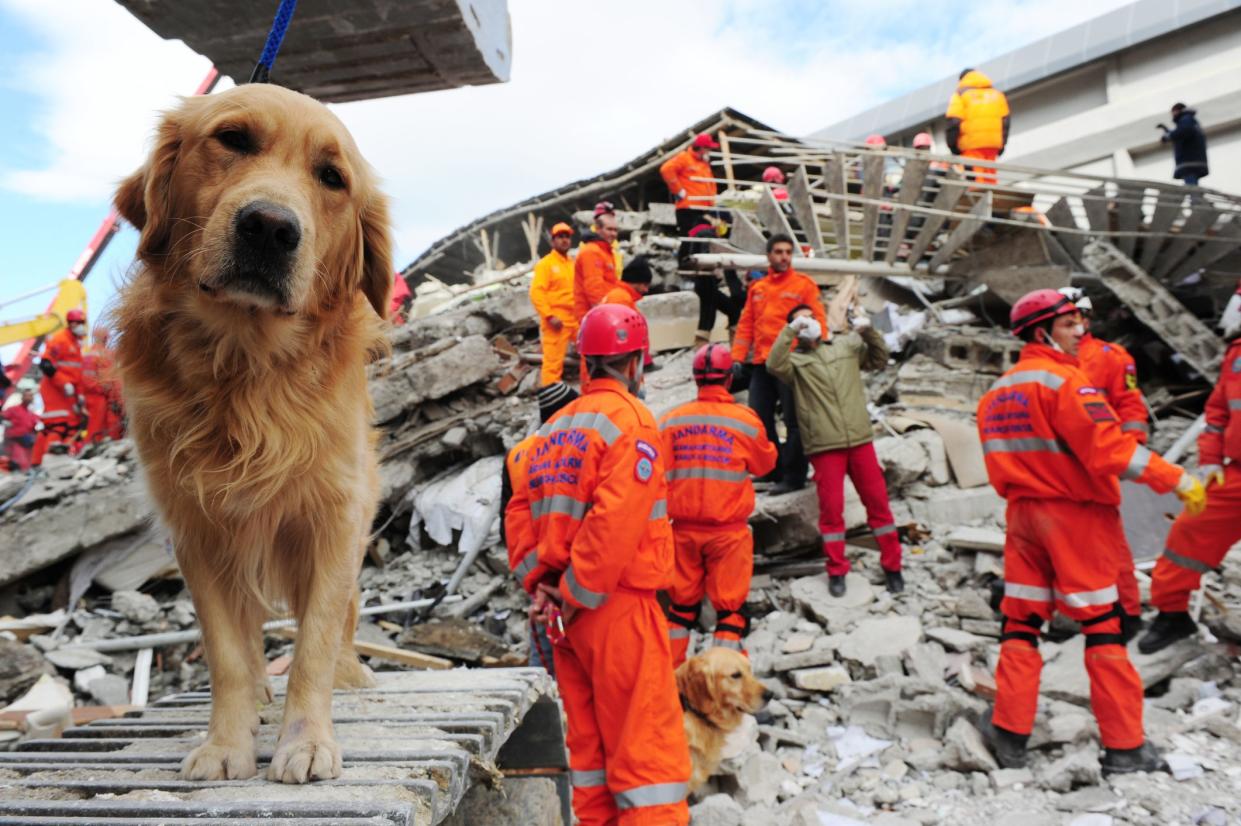
Working 9 to 5 and living for the weekend doesn’t mean a thing to man’s best friend. Dogs have been helping humans for centuries, often thanks to their incredible noses and their willingness to learn what humans want them to do. From fighting crime to providing comfort, the dogs that hold the following jobs are extraordinary canines, and probably put your office gig to shame.
Related: The Easiest and Hardest Dog Breeds to Train

Spit, swab, or sniff? Dogs may be one of our newest ways to track COVID-19 cases. Currently, researchers are working with dogs to find out whether canines can smell COVID in sweat. A recent study found that the virus has an odor that trained dogs can detect in urine and saliva. Researchers are even working to discover if dogs might be able to find the scent of coronavirus in a sweaty T-shirt.
Related: Why Your Animal Is Acting So Weird During the Pandemic
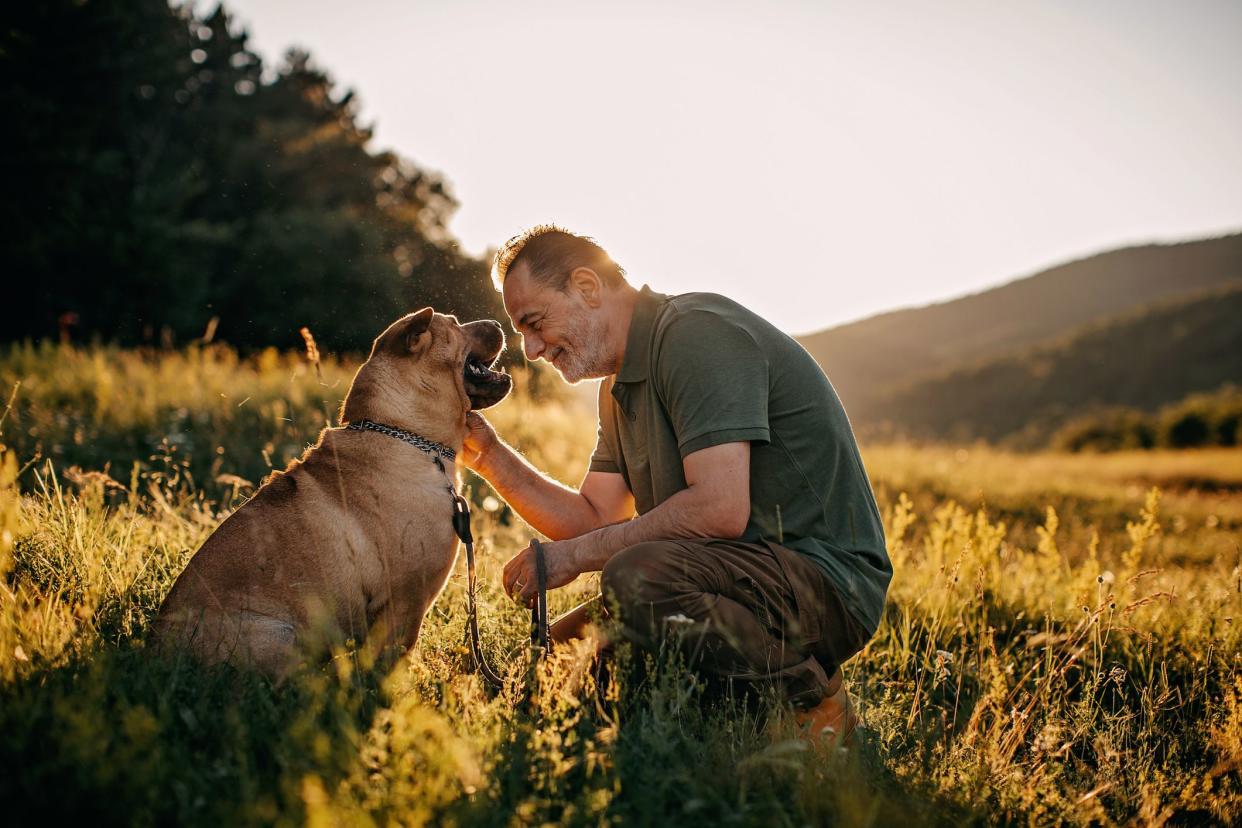
A dog’s amazing sense of smell can lead it to pick up the smell of a seizure, possibly saving a life. To learn to detect seizures, dogs are trained in a three-step process. They first learn to associate a seizure scent along with a treat or praise. Then, dogs must detect the scent in a lab sample where other odors are mixed in. Finally, a dog is taught to actually catch the scent of seizures when placed on a human body.
For more interesting pet stories, please sign up for our free newsletters.
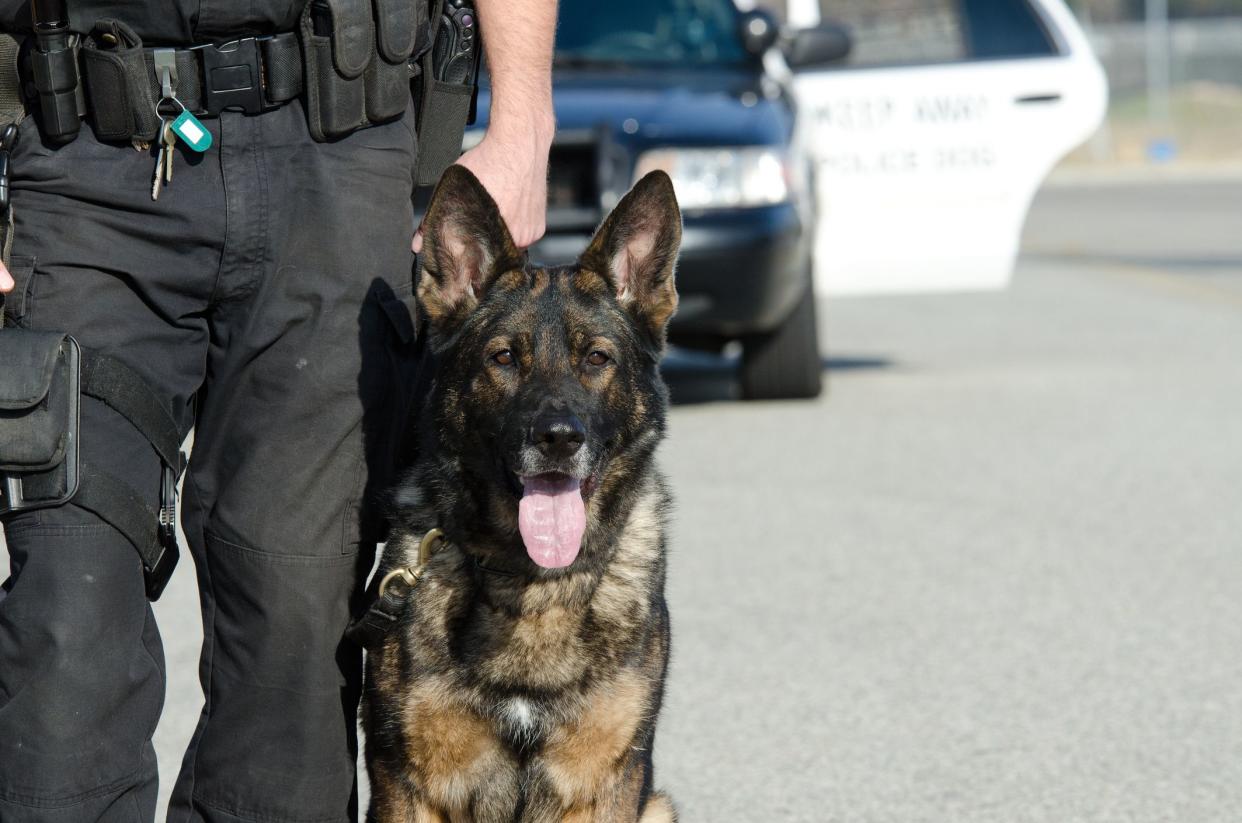
Do not mess with these police pups. K-9 dogs can be used as patrol dogs to protect officers, act as security in certain situations, or apprehend suspects. Additionally, K-9s also are used to sniff out narcotics or explosives. Drug detection dogs can sniff out narcotics at incredible rates. One study found that hidden drug samples were discovered by these trained dogs nearly 88 percent of the time in approximately a minute.
Related: Must Love Dogs: 14 Unexpected Jobs for Animal Lovers
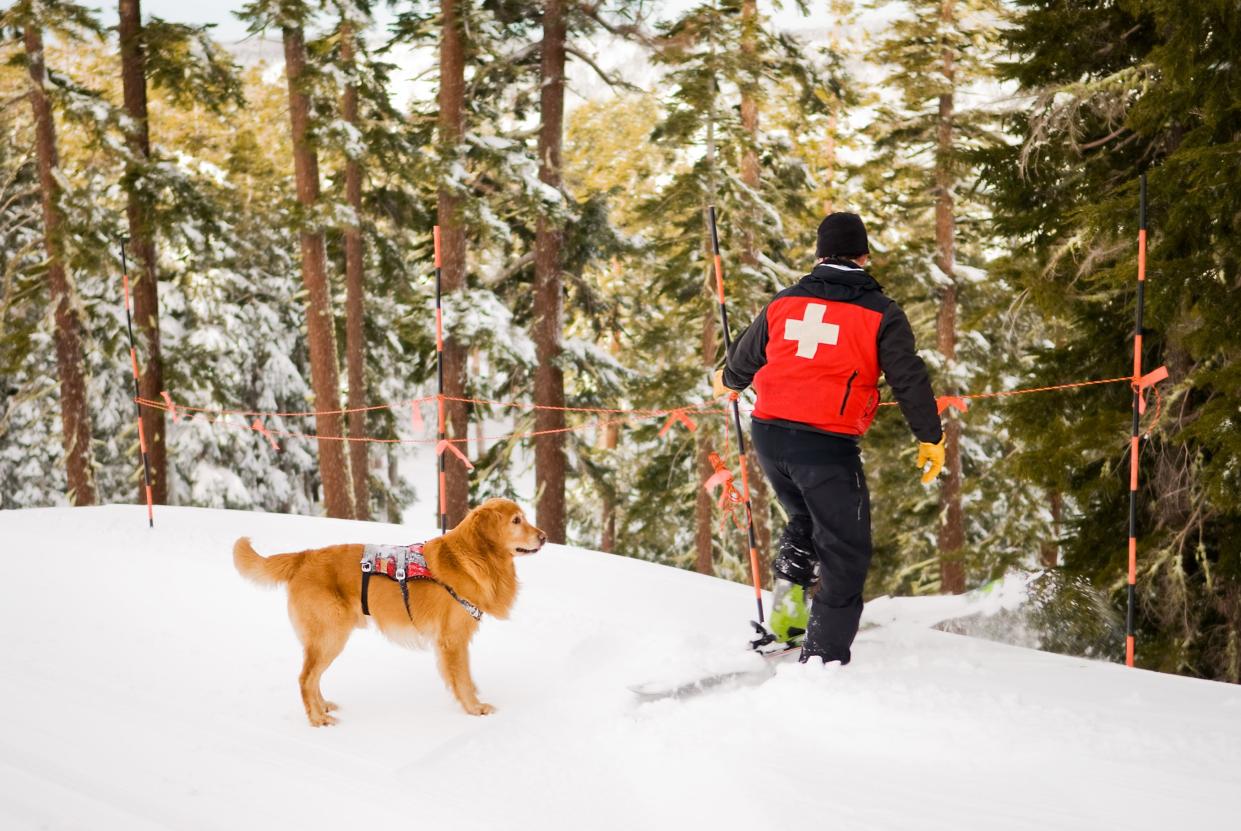
Spending your days at a ski resort may sound like a dream, but avalanche rescue dogs aren’t living a life of leisure. These heroic canines are specially trained to take on tasks that the average dog would freak over. Ski patrol dogs are expected to fly in helicopters and ride on snowmobiles, ski down mountains on their owners’ shoulders, and sniff out people in deep snow, among other tasks.
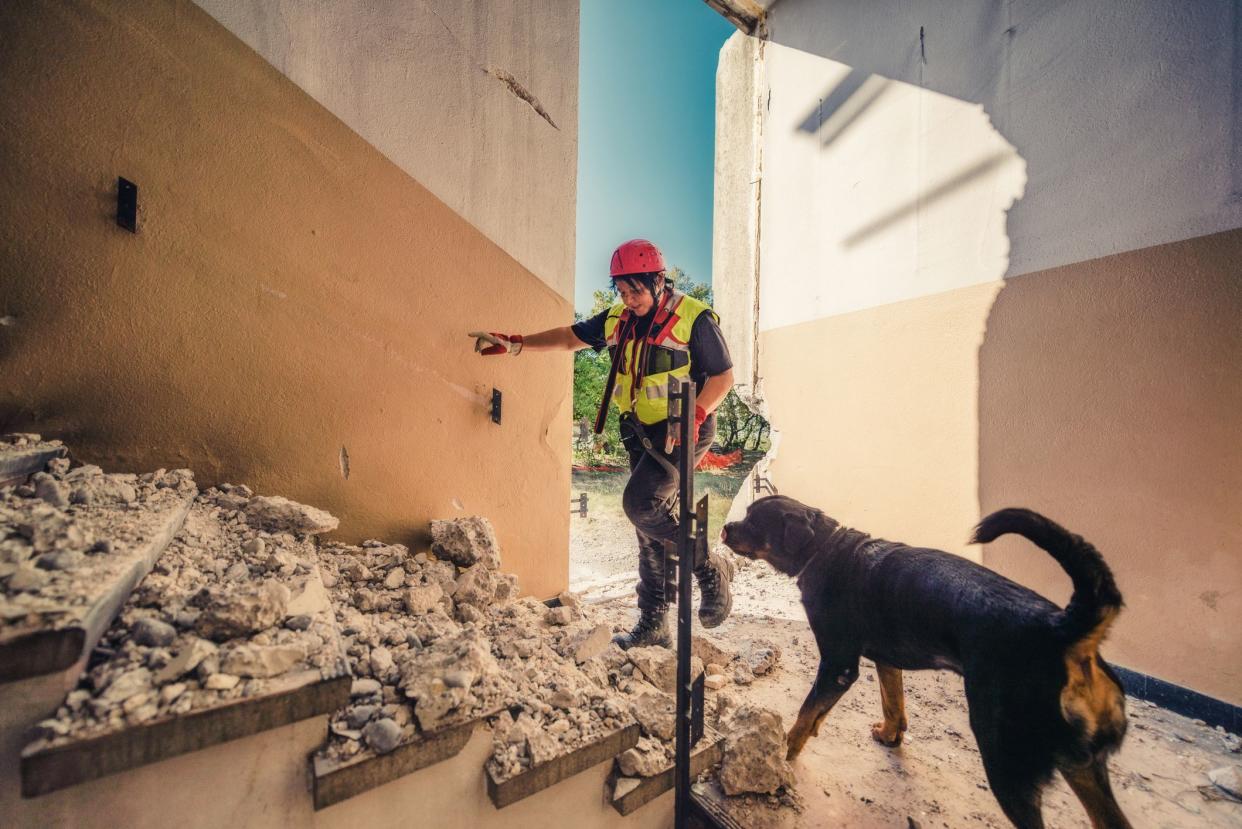
It takes a special dog to become a source of comfort for those in traumatic situations. These pups may be deployed to a scene of a crisis, such as a shooting, man-made or natural disaster, to provide some emotional relief for first-responders and community members experiencing traumatic emotions. Recently, these dogs were in the news for providing support at the tragic Miami building collapse. Canine teams of owner and pup are usually volunteers for these missions, but the dogs typically must complete numerous certification courses to show they are up to the task.
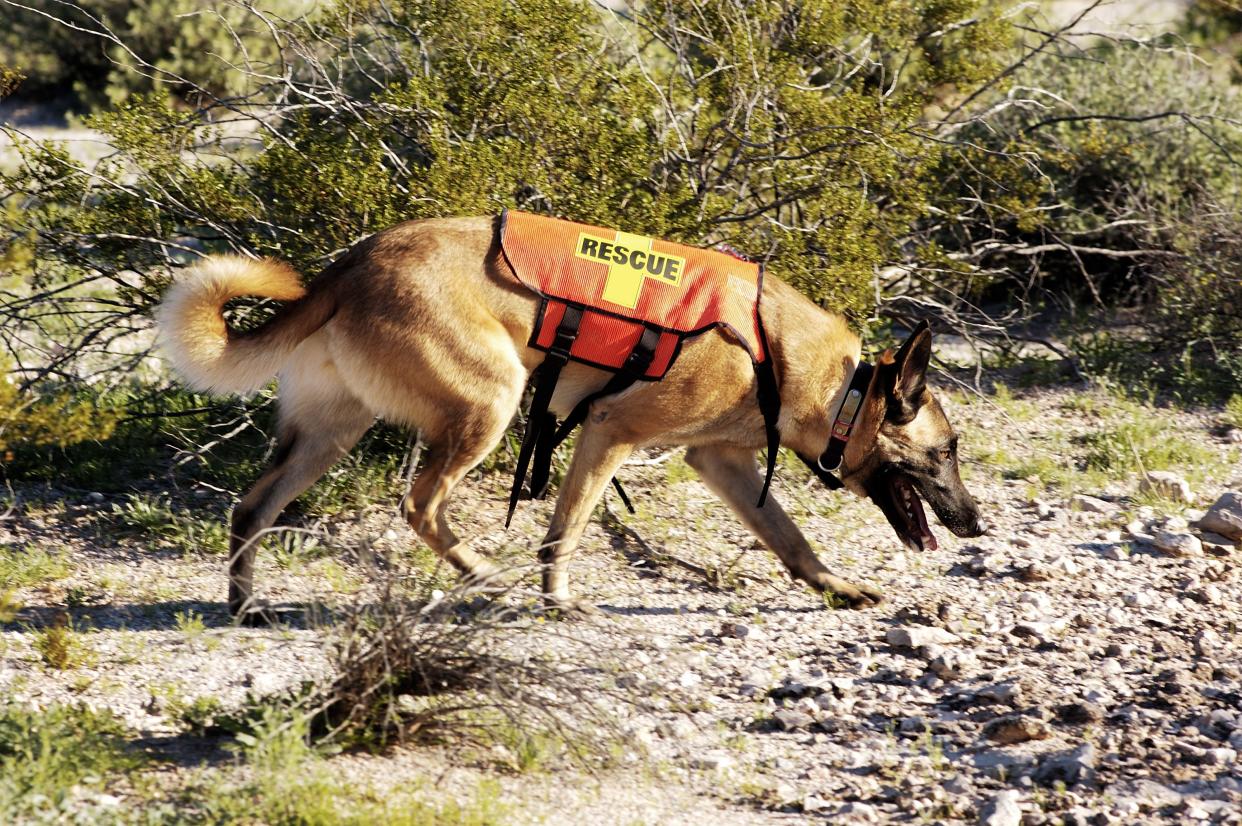
The incredible ability to pick up scent trails makes dogs critical for search-and-rescue missions. With special training, pups can find children in hidden places, victims of disasters, or even elderly persons who may have wandered from home. These dogs have to be trained to get along with people and dogs, as well as have high endurance for hours in the field.
Some popular search and rescue breeds include German shepherds, Labrador retrievers, and other working breeds of dogs.
Related: The Most Popular Dog Breeds in Every State
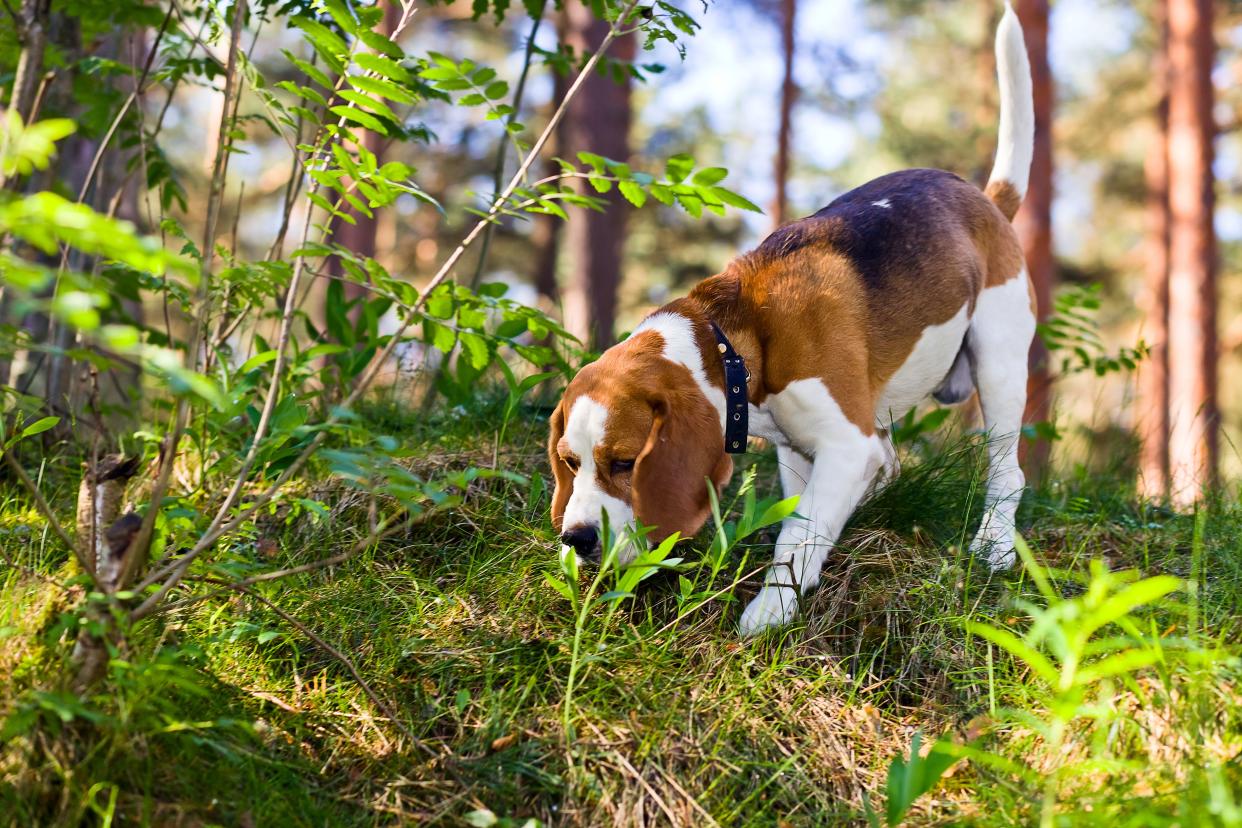
This extremely tough job requires very specific training for dogs. They need to be trained to find the scent of human decomposition as far down as 15 to 30 feet in the ground, and they need to be trained to be 95 percent correct on catching this scent every time.
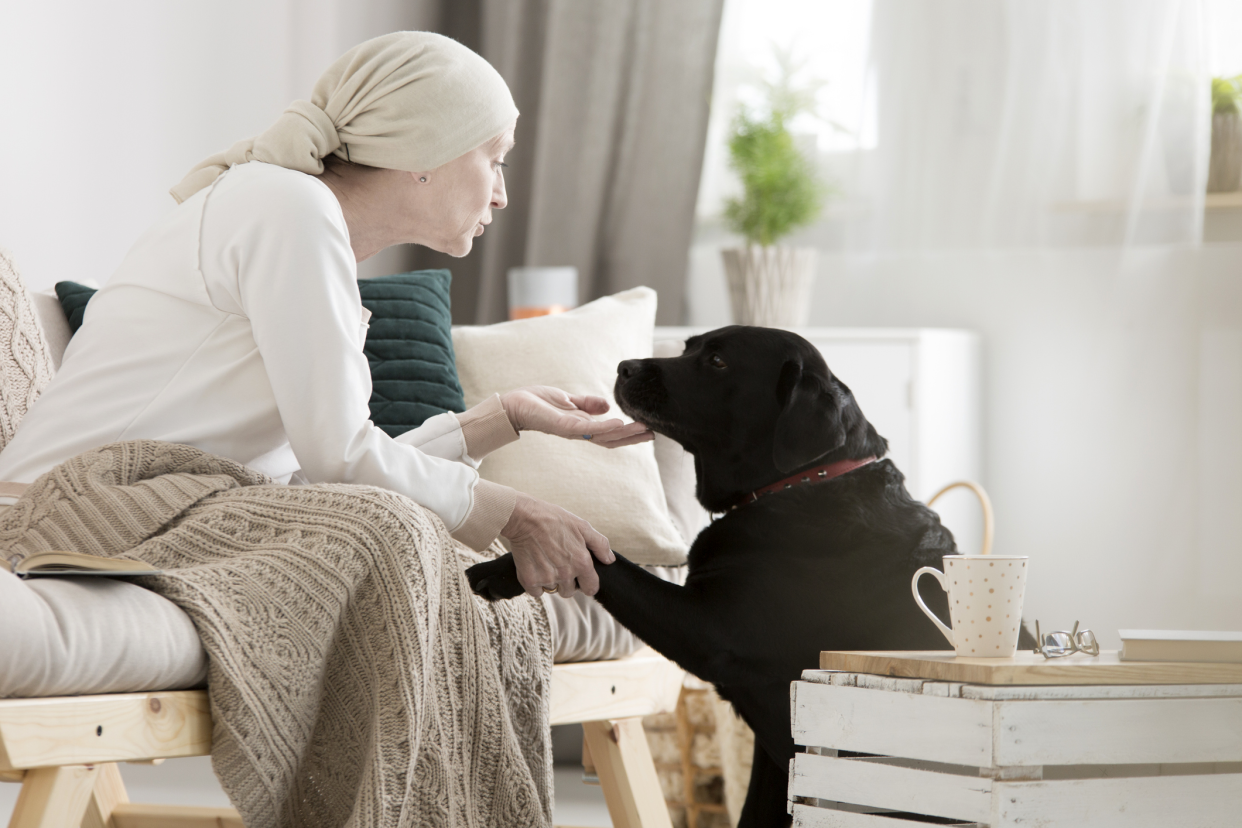
Cancerous cells produce a very specific odor that can be so strong even humans can detect it in late stages. But trained dogs can pick up the scent when the disease is in a far earlier stage, such as before it’s spread. Dogs can be so good at detecting this smell, they may even be able to pick it up on a person’s breath.
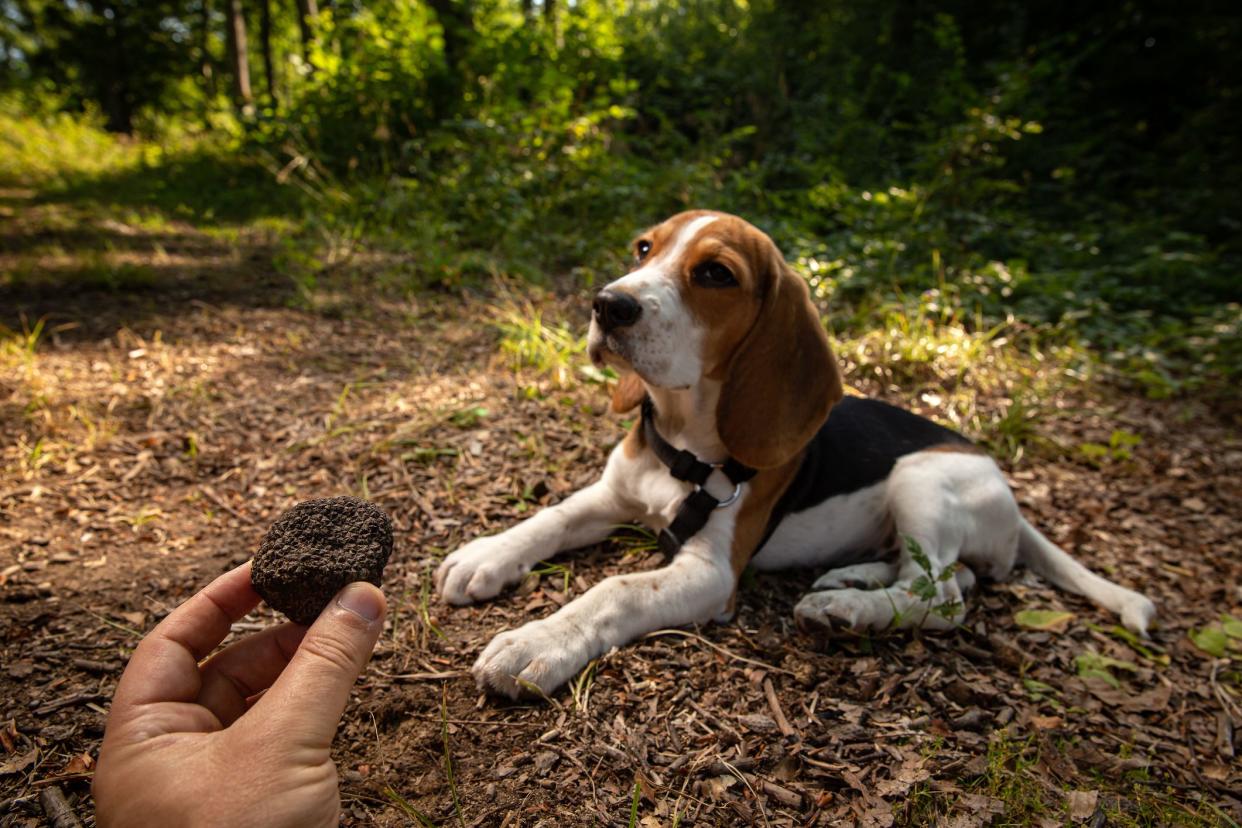
Truffles are one of the fanciest mushrooms available, costing over $1,000 a pound for some varieties. These delicacies are extremely valuable because they are so hard to find. The fuzzy dog breed Lagotto Romagnolo is the official truffle-hunting dog of Italy, and has a nose for finding the treats, but many other breeds can be trained to hunt for truffles for fun.
Related: 32 Facts You Didn't Know About Dogs
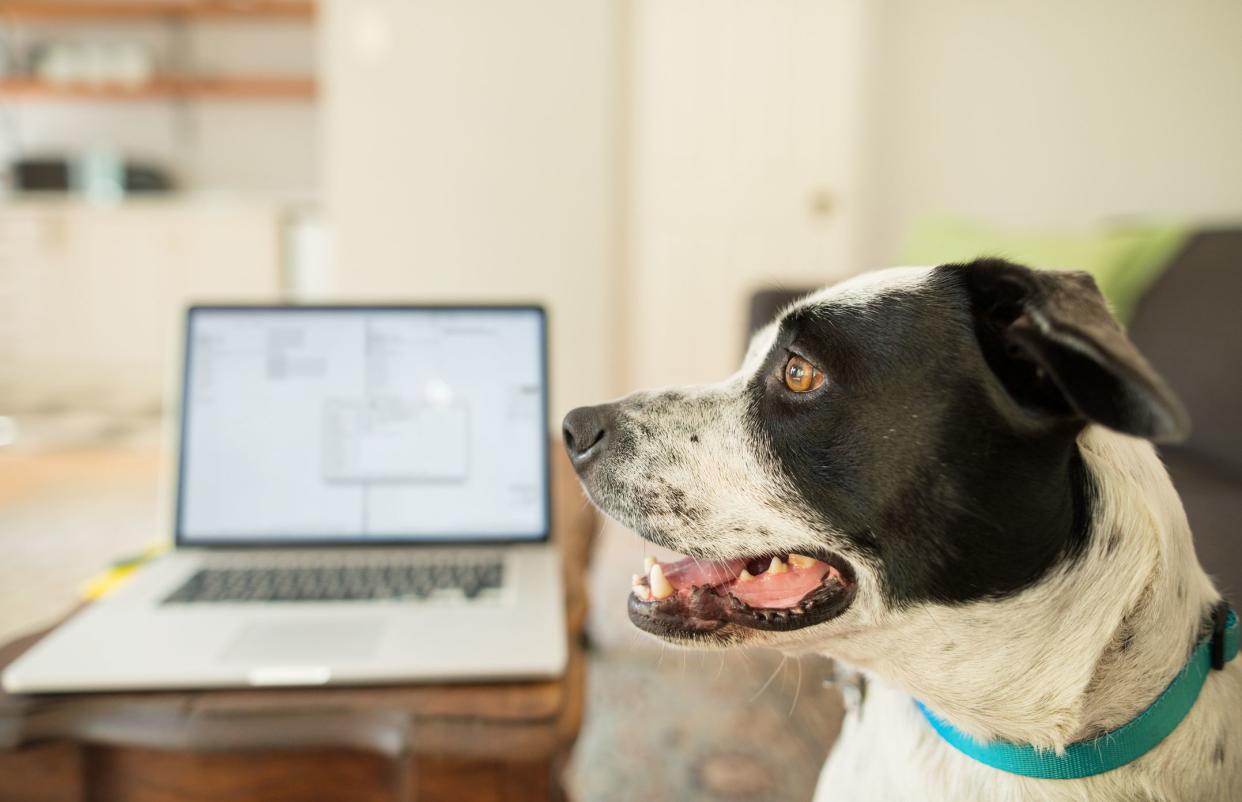
How can a dog smell cyber crimes, which take place on a screen? Believe it or not, canines can be trained to pick up the scent of a hard drive or a cell phone. That’s thanks to a chemical called triphenylphosphine oxide (TPPO), which is indetectable to the human nose, but can be picked up by a dog’s sensitive nose. These specially skilled dogs are used by police across the country to help solve cyber crimes by finding hidden hard drives or other missing devices.
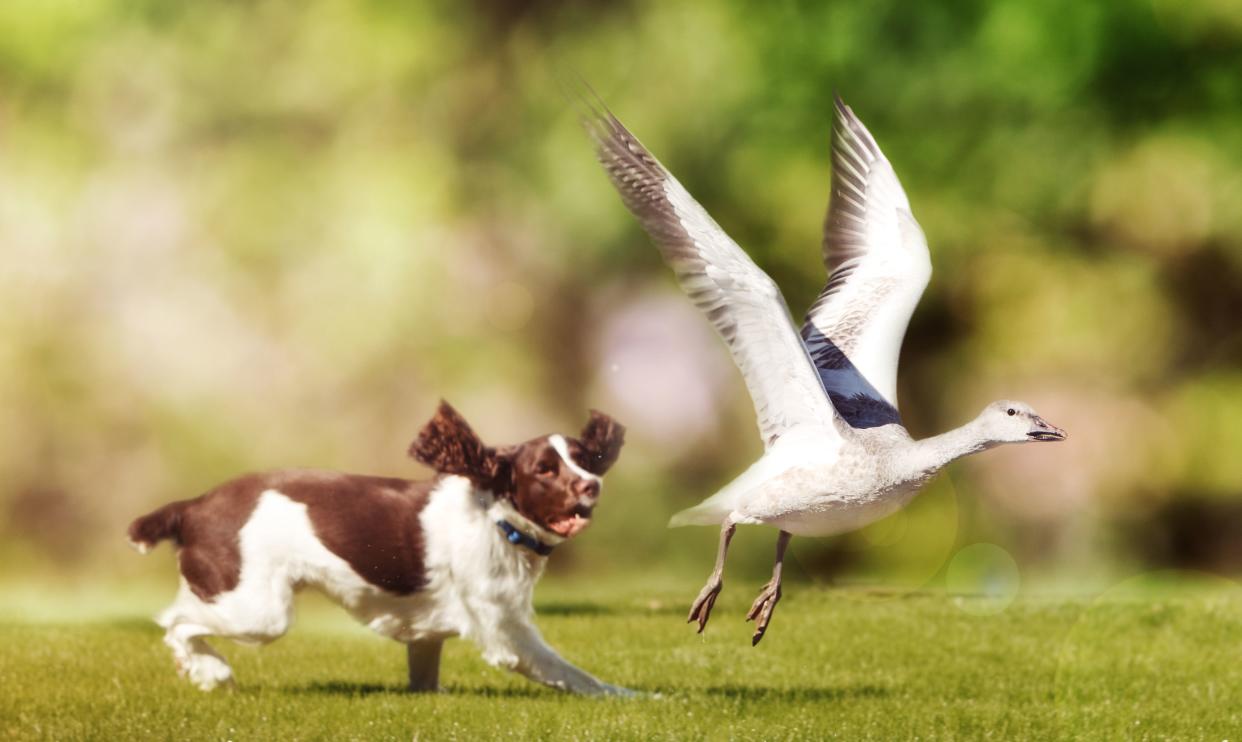
Some dogs are even specially trained to keep geese from getting in the way of airplanes. One of the most famous was Piper the Airport K-9, a border collie that patrolled geese and kept them off the runways of the Cherry Capital Airport in Traverse City, Michigan. Piper died in January 2018.

Work as a wine canine isn’t as simple as sniffing a delicious glass of vino — dogs are becoming integral to making sure winemakers’ products are quality. A program called the Natinga TCA/TBA Detection Project, trains dogs to detect contaminants in wine barrels that would affect the wine's taste and aroma. Of course, any tasting of the product is strictly for the human employees.
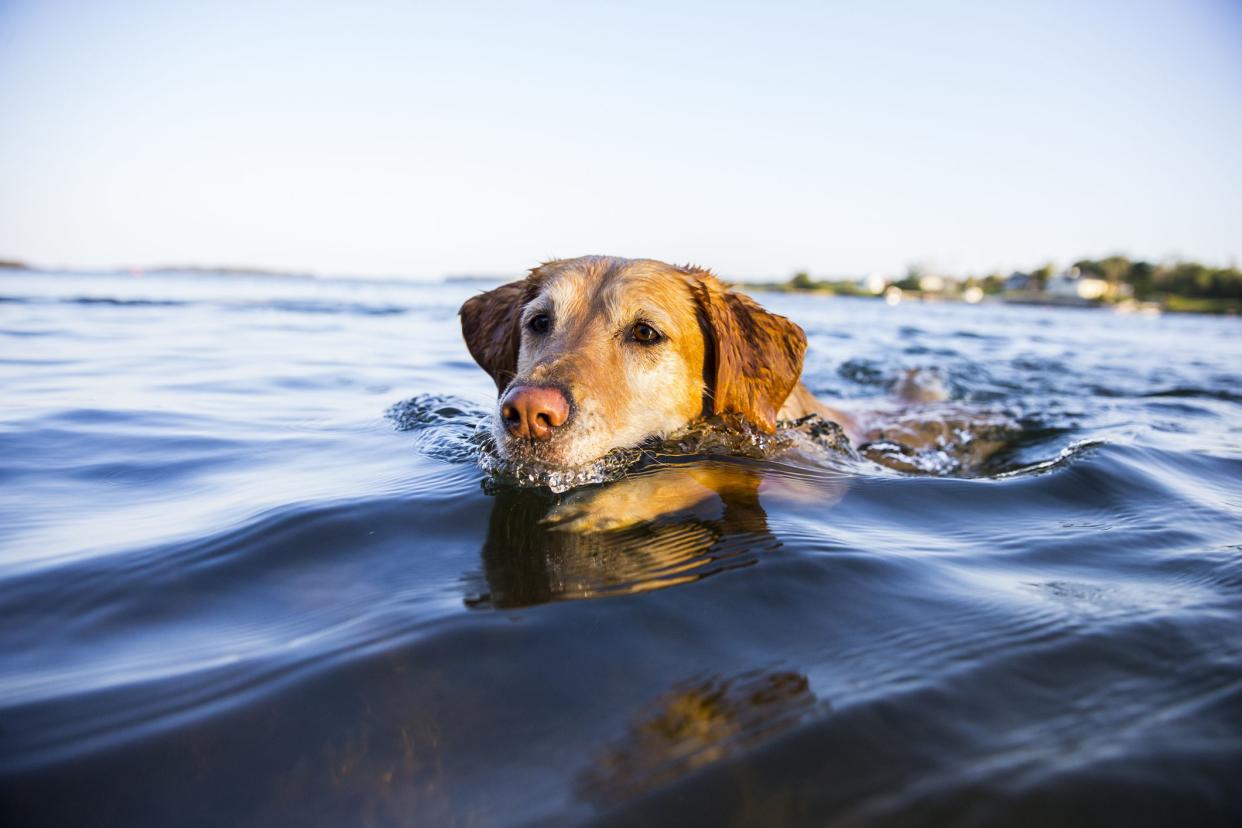
Sniffing for whale droppings is an actual career choice for a dog. At the University of Washington, a number of cute canines are employed to detect Orca whale scat, with a ball given to them as their pay for hard work. The goal of the program is to provide information about the species in order to assess wildlife conservation needs and issues.
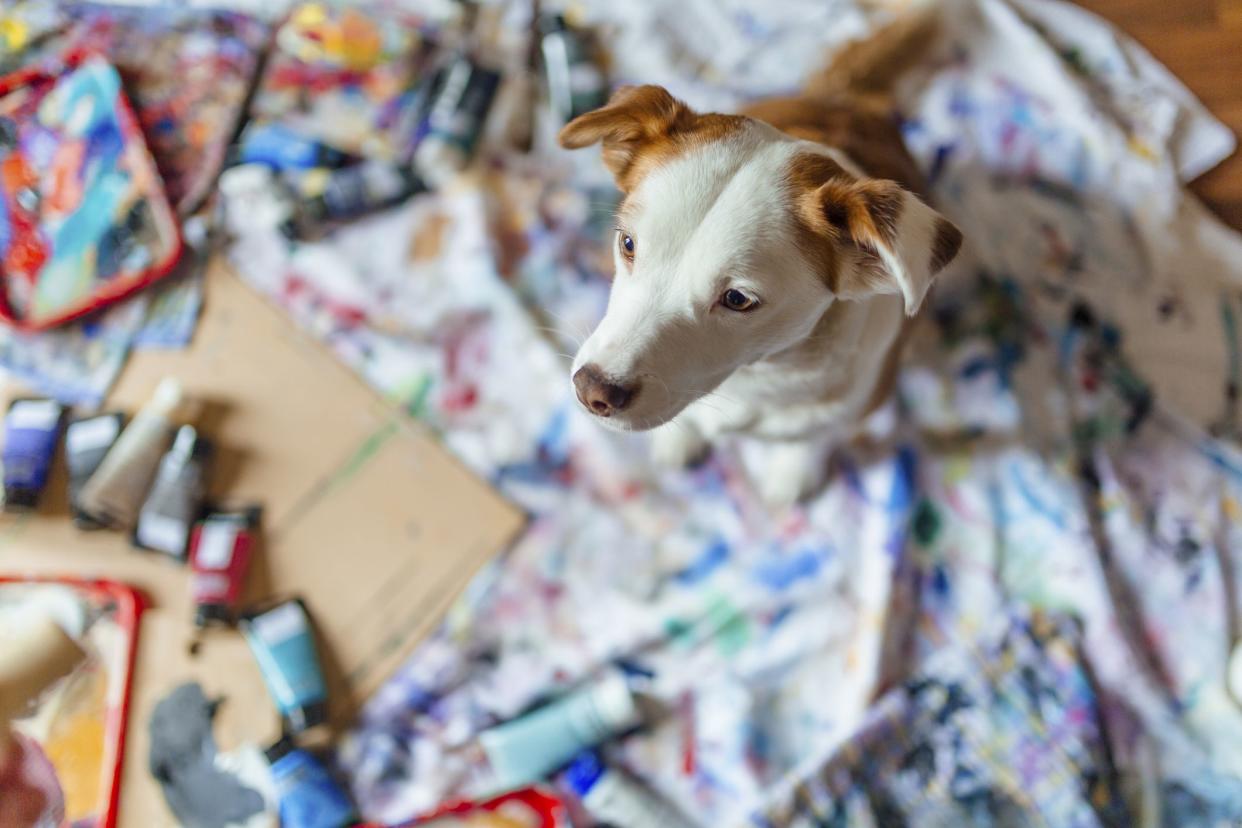
Could you protect priceless paintings from critters? That’s exactly what Riley, a weimaraner, does for the Museum of Fine Arts in Boston. This volunteer pup has the unique job of sniffing out any pests that might be within a piece of art or in the museum. He also has his own hashtag, #RileyTheMuseumDog, on social media.
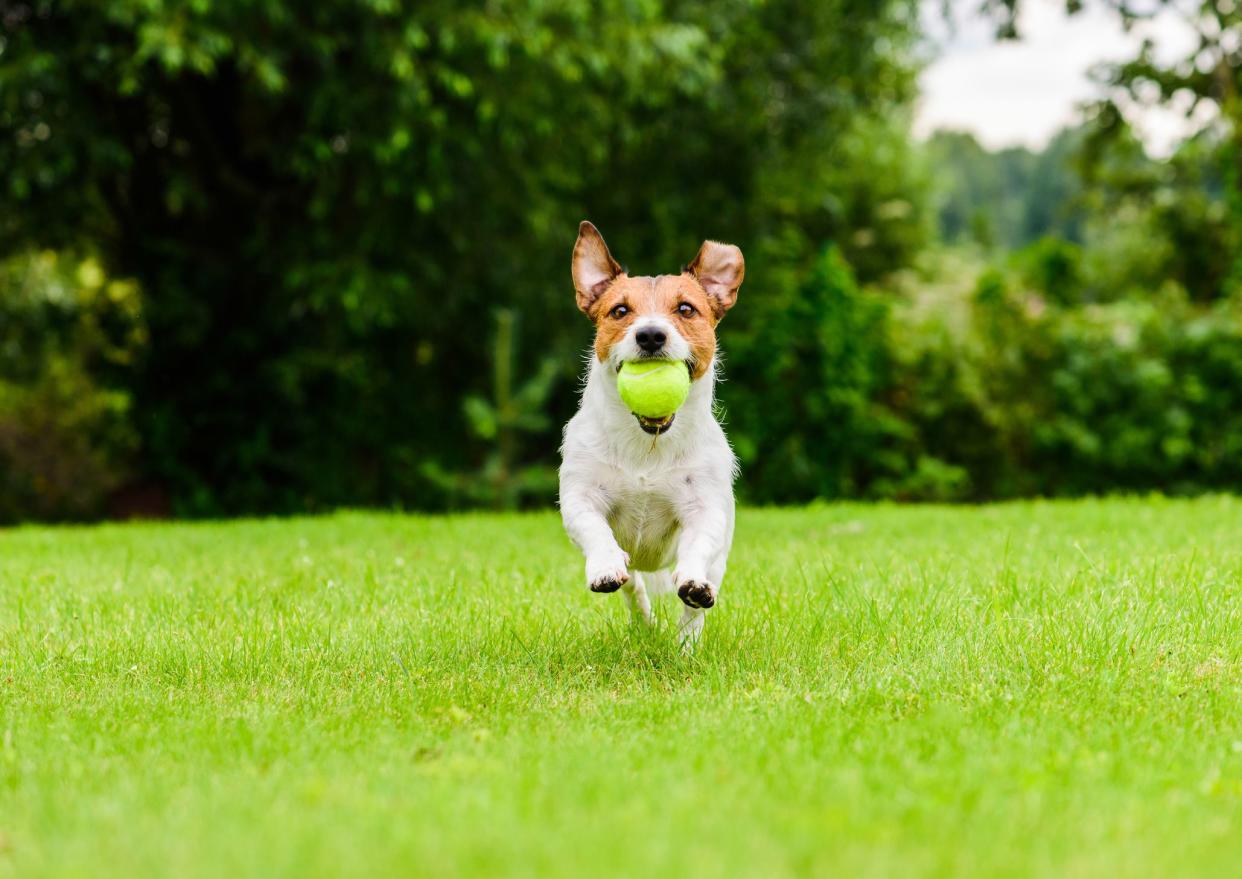
Did someone say "Fetch"? Dogs in Brazil who can’t get enough of balls actually got a job fetching them. The gig required ball-crazy rescue dogs to fetch stray balls during the Brazil Open Tennis Tournament. The audience was entertained, the pups were adopted, and a cute new tradition was started.
Related: The Most Family-Friendly Dogs to Bring Home to the Kids
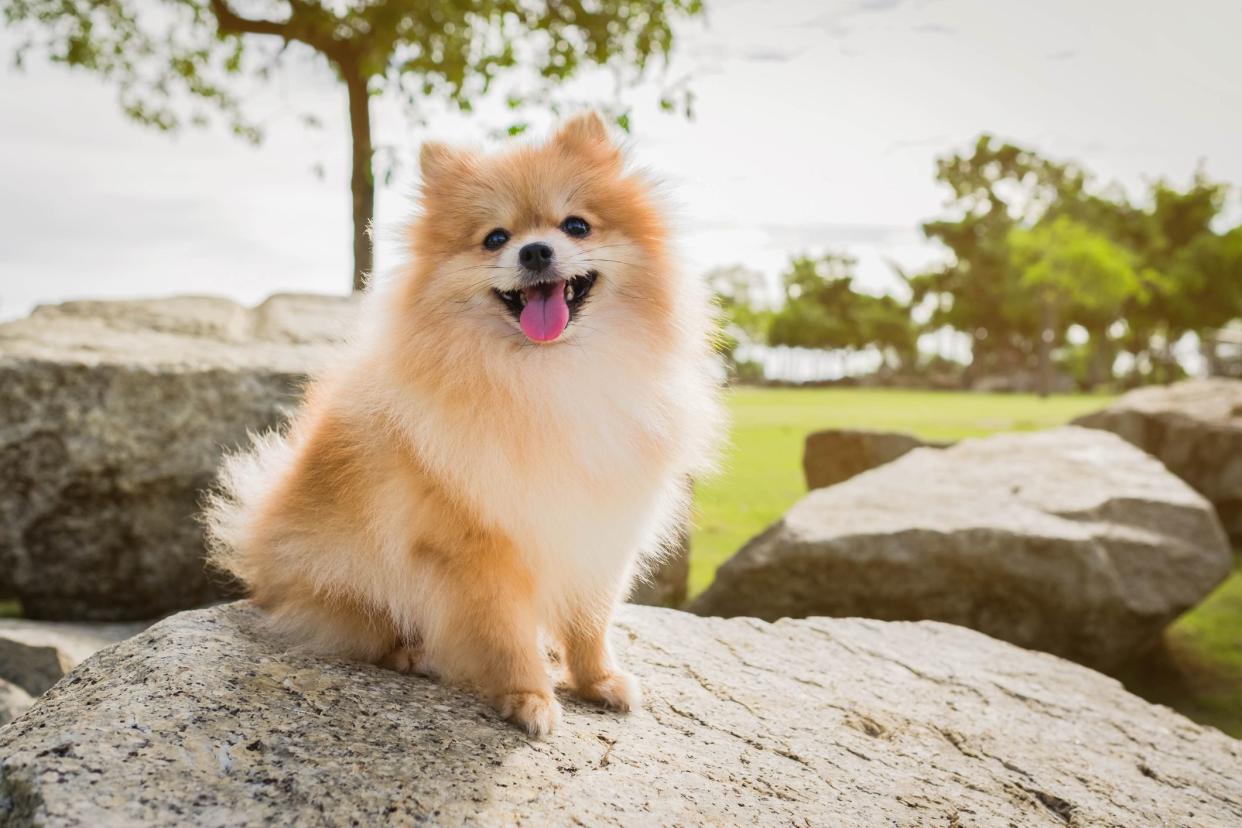
Like Cheapism's content? Make sure to follow us here.
